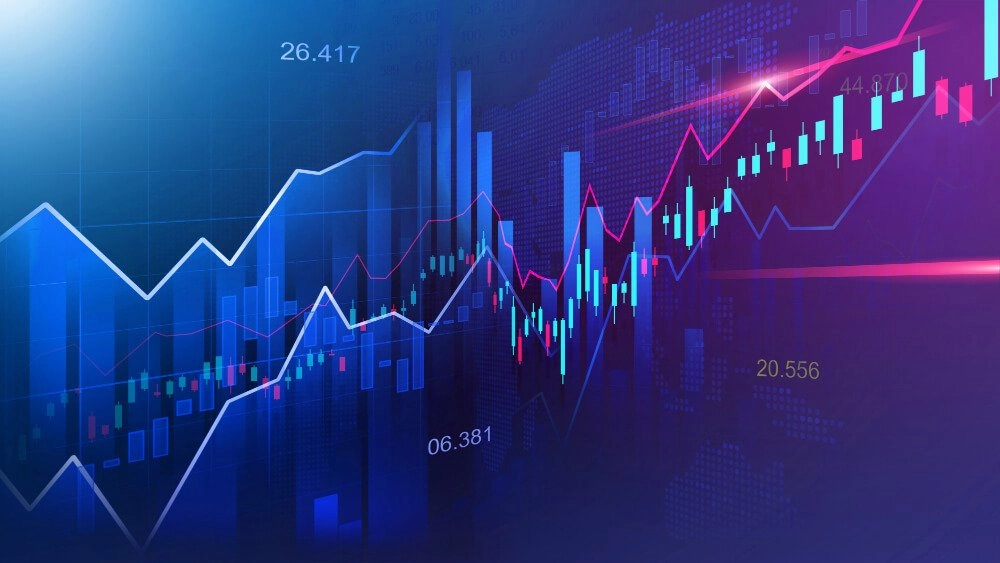When we invest in the stock market, there are so many stock market questions that we want answers for. But, if there is one thing that you will need to know when you invest in the stock market – that would be – that change is the only constant. That is how the market works. The stocks you bought are bound to change in prices, most hopefully higher than the price you purchased them for, but sometimes also lower than the rate you purchased them for.
So, make this clear right from the beginning – the prices of the stocks will change. But why do they change after the stock market is closed? There has to be a reason, right? We are here to get to know that.
Why are the Fluctuations in Stock Price After the Market is Closed?
Well, as you know how to invest in the share market online – you would also know that this could be an essential cause – since we do not work by the 9 to 5 clock anymore. But here is a more in-depth answer to your question.
Mentioned below are some of the reasons the prices of stocks change after the market close:
1. After Market Trading
Stocks are usually purchased and sold on a stock exchange, and the stock exchange will have special rules and regulations to go by. However, it does not mean that when the stock exchanges close, all the trading needs to stop, right? After-hours or after-market trading means the stock purchases and sales that happen between the time a stock exchange closes and the time it reopens on the morning of the following business day.
Since trading still happens, the share price could go up or down after hours; it depends on what the buyers are willing to give for it and how much the sellers are willing to accept.
2. News
One of the important facts that are reflected in after-market stock prices is the news on a company’s performance and operations. These information sets can be of concern to the company that has issued the shares or to the economy as a whole. The investors who engage in after-market trading are consistently eager to act on the spot and in response to the breaking news that they just heard.
After-market stock prices reflect how investors feel about the company’s earnings reports, government financial agency bulletins, or stock market activity in other nations where exchanges are open, and trading is now taking place.
3. Traders’ Volume
After-market pricing, unlike stock prices during the day, is governed by a limited group of traders. To participate in after-market trading, traders must have access to electronic networks. As a result, many investors who could otherwise make a higher offer or be ready to sell for a lower price aren’t involved in the process.
After-market prices may be affected by the decreased supply and demand for shares, but they may alter the next day quickly once the market reopens and many more investors are able to participate.
4. Price Quotes
Stock prices beyond market hours may suggest a lack of access to price quotes. The stock market keeps track of the most recent sale prices for each stock throughout the day. On a stock ticker, these are the quickly changing prices that investors and analysts can see. The electronic networks that support trade issue their own quotes after the market shuts, which may be less up-to-date than daytime price quotes.
Because they reflect investors’ reactions to the limited information they have to study and act on, after-market stock prices fluctuate dramatically from daytime stock prices.
Coming back to the primary line, what really influences a trader of the stock market. There are only two points to this answer, and they are mentioned below.
Influences of the Stock Market Trader
The value of company shares does not fluctuate considerably on a typical day. Prices frequently fluctuate by a percentage point or two, with bigger swings on rare occasions. However, circumstances might arise that cause shares to quickly surge or fall.
1. Analysis
The way you invest can have a big impact on how much stock you sell. Consider the case of a corporation that releases a disappointing earnings report. As supply surpasses demand, some shareholders in that company’s stock may panic and sell their shares, sending the price down. Some investors, on the other hand, may view the negative news as transient and perceive an opportunity to buy shares at a bargain until the stock’s value improves again.
2. External Factors
An earnings report that contains positive or bad financial news could lead to increased trading. It could be a huge financial news event, such as an interest rate hike, or a natural calamity, such as a storm, which has the potential to have far-reaching implications. Any of these occurrences could cause a market reaction, prompting investors to sell or purchase. These actions and reactions could be based on emotion or be the product of a deliberate decision; either way, they have the potential to alter the stock’s price.
Conclusion
If you are new to the stock market, do not worry – you will find your way. But, you need to understand where your stock’s price changes. This will help you to make more informed decisions. Moreover, it is not just after-hours trading or night trading that would change the price of your stock; there are also several other attributes (such as markets, demand, and more) that you would have to look into.




